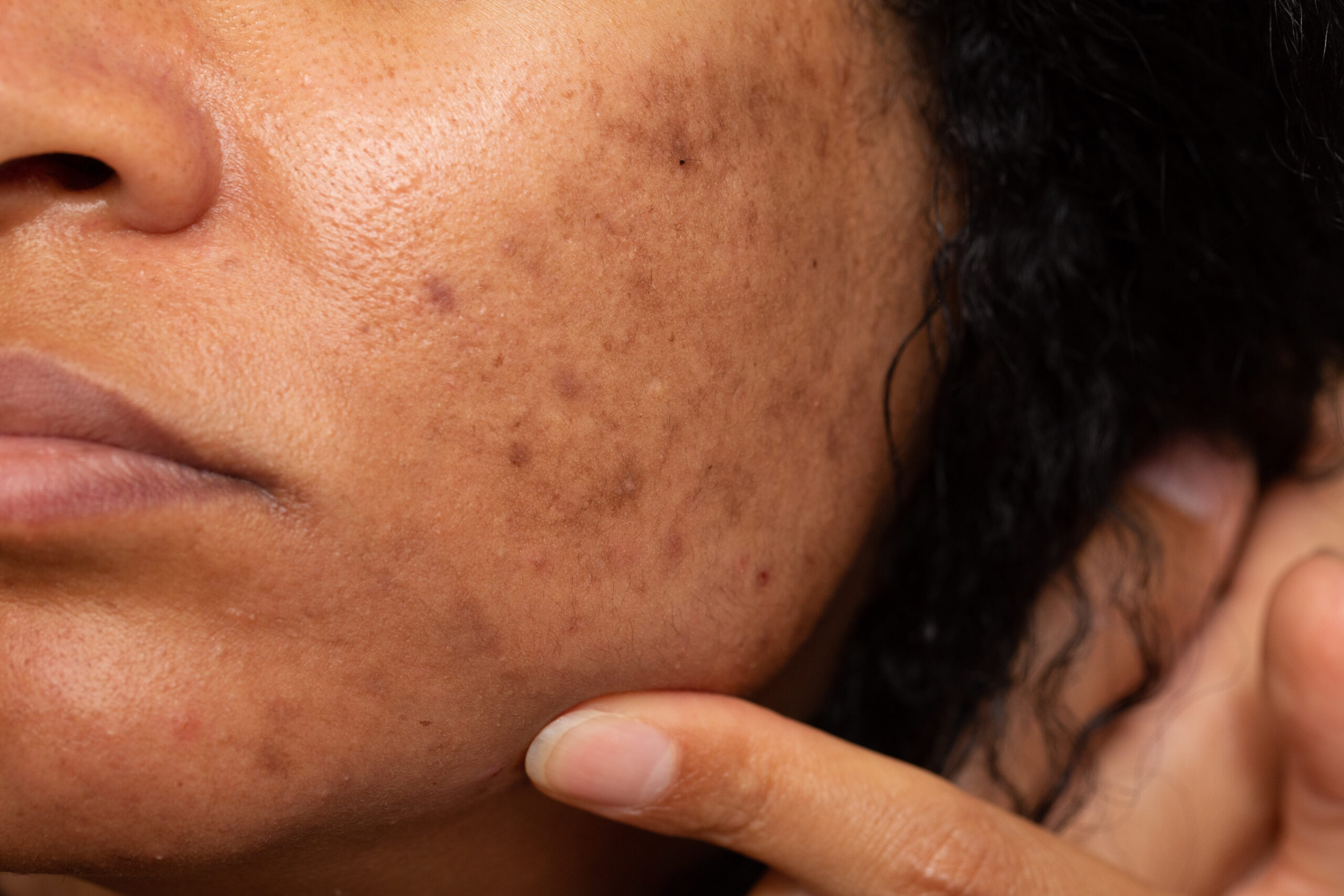Critical Takeaways
- Lots of are expressing anxieties about leaving the property the moment COVID-19 limitations are lifted, leading some clinicians to characterize the problems as “cave syndrome.”
- These with a background of anxiety and/or OCD may be specially susceptible.
- To enable, examine in and help persons in your group as they commence to return to normalcy at their possess pace.
You’ve got listened to of FOMO (concern of lacking out), but what about “FOGO”—the panic of heading out?
The phenomenon, which Florida-centered psychiatrist Arthur Bregman, MD, is progressively observing in sufferers, refers to the avoidance of likely outdoor for panic of catching or spreading COVID-19. It’s also referred to as “cave syndrome.”
Warning all over the COVID-19 pandemic has served us preserve ourselves and our communities protected. But improved access to vaccines might usher in a new period of lifted COVID-19 restrictions and increased ability to socialize with other people in the coming months. This return to normalcy can pose problems for those with a heritage of anxiety spectrum conditions and obsessive-compulsive problem (OCD).
A recent American Psychological Affiliation study identified that 49% of adults documented feeling unpleasant about returning to in-man or woman interactions when the pandemic finishes.
Just set, “people today have to adapt to likely out,” Bregman tells Verywell. But adapting may perhaps confirm far more challenging for some.
What This Means For You
The U.S. is not rather completely ready to simplicity COVID-19 restrictions, given that a the greater part of the state is continue to waiting to be vaccinated. But as the vaccine rollout picks up speed, you might be feeling stress and anxiety or dread all-around most likely returning to normalcy or getting into community spaces when it is really safe to do so. Once you have been totally vaccinated, you can ease back into social settings slowly but surely. Attempt achieving out to another person in your lifetime who can converse to you about your experiences in general public, and enable you make modest designs that you are relaxed with.
What Does “Cave Syndrome” Search Like?
When pondering about “cave syndrome,” Bregman states he relates it to agoraphobia, which is generally assumed of as an intense dread of being in public spaces. Nevertheless, the phobia can also characterize fear of getting in a scenario where by you would not be ready to get aid, which can increase to worry of leaving the property.
Agoraphobia
Agoraphobia is a worry of currently being in circumstances in which escape may possibly be tricky or that assistance would not be accessible if things go incorrect. This panic could be knowledgeable in open public areas, transit, searching facilities, or just at leaving the indoors, to name a couple.
“What we are observing is a actual mixture,” Dave Smithson, functions director at Nervousness U.K., tells Verywell. “About a 3rd of persons are not bothered either way, and a 3rd of people today can not hold out to get back out there. Then there is certainly a third who are nonetheless a minimal little bit nervous about returning lifetime to typical.”
Bregman claims that he is observing amplified degrees of worry about heading out in introverts with panic or OCD, or in folks who generally desire keeping dwelling than heading out. Men and women may go lengthy stretches with no ever leaving the property, go to wonderful lengths to prevent it, and/or specific intense distress at the thought or action.
FOGO in dad and mom can also have repercussions for young children. “‘I you should not want to consider my kid wherever,'” Bregman suggests clients have told him. “So then we have a true epidemic of little ones who’ve been house for these kinds of a long time, locked in.”
A lot of of his young customers have also expressed wariness about likely back to school, for concern that “they are just heading to shut it down once more.”
How to Changeover Back Into Public Spaces
Bregman claims he is located caring for other people in your circle and neighborhood is critical to easing some of that panic.
“If we appear back at some of the literature from the pandemic of 1918, we see that serious article-traumatic pressure was bad,” Bregman points out. Nevertheless, there were being some communities that genuinely served people to action out of the trauma. It is important to emulate them, Bregman suggests.
“We will need to attain out, for illustration, to that girl who lives future doorway. I have not seen her in a thirty day period,” he gives as an instance.
Never Go It By yourself
Obtaining a companion, or somebody in your daily life who can assist reduce your fears, can help also. This person can give emotional feedback as you gauge your ease and comfort amount with resuming public actions.
Bergman encourages clientele to inquire this companion how it really is going. You could say, “Hey, we went to the park. How was it? Did you have a good time? Ok. We are making a listing of 10 items [to do]. Each number of days, we’re likely to a new 1.”
Psychological feed-back is important, Bregman suggests, because it allows persons move out of their heads. “[Fear] will get designed up in the people’s minds, but it could not be the exact same in reality,” he claims.
Consider Tiny Methods
If you, a pal, or family members member is enduring panic about going out, will not rush. “At first, get your time,” Smithson says. “It really is just healthful to little by little get it one particular move at a time.”
These recommendations are not a alternative for professional enable, on the other hand, and if the circumstance is severe, Bregman endorses consulting a psychological wellness expert. Also, when producing any improvements to everyday daily life, it is crucial to continue to adhere to Facilities for Sickness Control and Prevention (CDC) pointers. People are even now staying encouraged to don a mask and social length.
A lot of the nervousness may well be stemming from a worry that other folks won’t adhere to the CDC guidelines. Even though which is out of our management, Smithson has a couple distinct ideas to control anxiousness.
“If you want to go to the pub the week soon after the limitations have been lifted, it’s possible go in the afternoon or the early evening, when it’s a tiny bit quieter,” he says. “Ease your self back in, instead than go speeding in at 10 p.m. at night when everyone’s experienced a couple of beverages previously and is significantly less inhibited than usual.”
Self-assist teams on line, too, can provide locations to communicate about anxieties close to returning to a fairly pre-pandemic daily life.
The information and facts in this posting is current as of the day stated, which signifies more recent facts might be readily available when you study this. For the most new updates on COVID-19, check out our coronavirus news web site.






